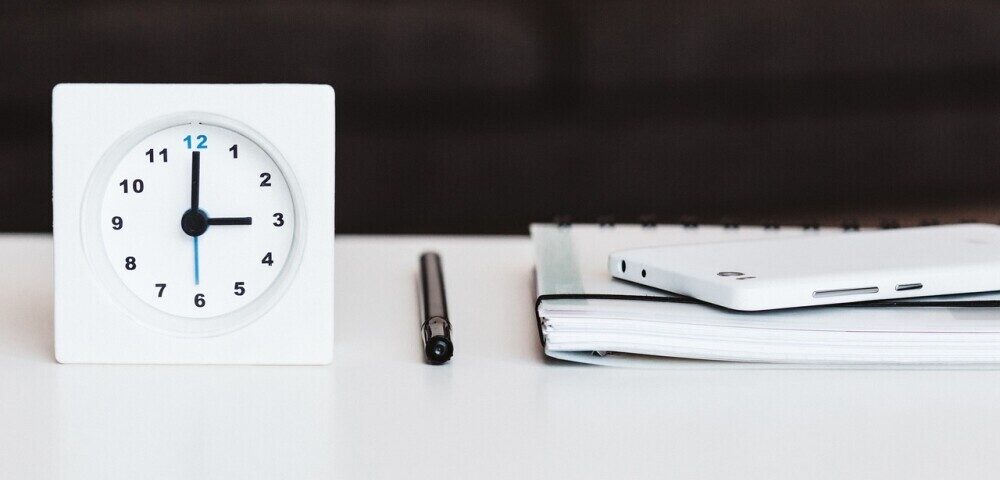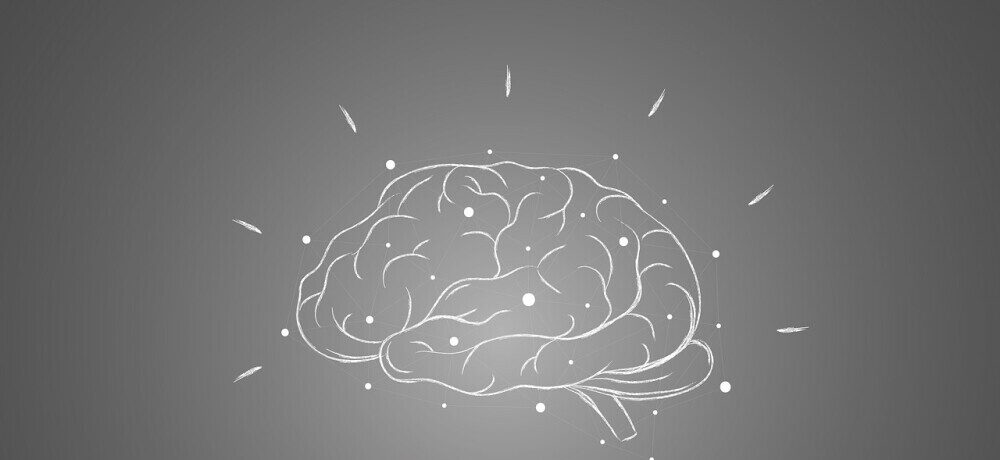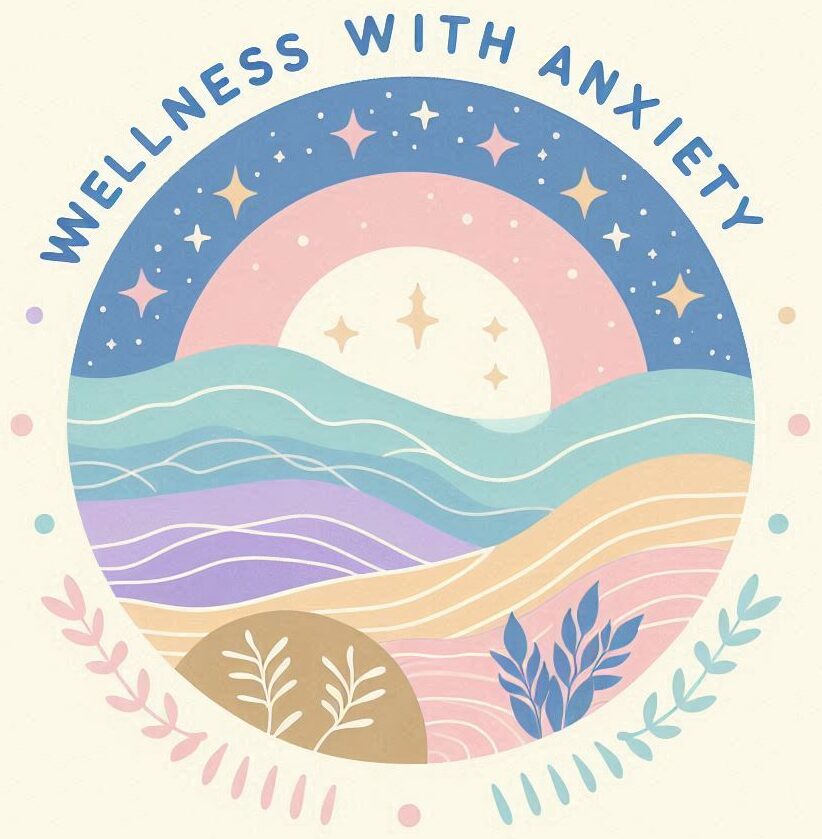 Having a daily routine is like hitting the reset button on chaos. Think about it: when your days have some kind of order, things that usually throw you off balance suddenly seem a bit more manageable. A routine gives you a roadmap for the day, which is super handy for navigating anxiety burnout. It’s like having your own personal game plan.
Having a daily routine is like hitting the reset button on chaos. Think about it: when your days have some kind of order, things that usually throw you off balance suddenly seem a bit more manageable. A routine gives you a roadmap for the day, which is super handy for navigating anxiety burnout. It’s like having your own personal game plan.
Mental Clarity
One major perk of a consistent routine is mental clarity. Clarity helps you prioritize what’s truly important without getting bogged down by trivial stuff. Less chaos equals less stress, and less stress means more focus on achieving what matters most to you.
Predictability
A routine isn’t just about ticking off to-dos. It’s about creating pockets of predictability in an unpredictable world. What happens when you’ve got a bit of predictability? Your stress levels drop. Your brain can chill a bit because it doesn’t have to be on high alert all the time. It knows there’s a plan and that you’ve got this.
Predictability > Decision Fatigue
Predictability isn’t boring—it’s the science-backed solution to reducing anxiety and stress. It’s about setting aside decision fatigue for the daily grind. Imagine waking up without a plan. Feels overwhelming, right? Now imagine knowing exactly how to start your day. That’s why a routine can be a game-changer.
Crafting a routine taps into something deeper. It supports mental health by giving you a sense of control. In turn, you feel empowered and ready to face what comes your way. Routines help create a solid foundation for emotional stability. And with that stability, burnout doesn’t stand a chance.
Unpacking the Importance of Daily Routines
 Routines set the stage for your day, creating a framework that helps keep life’s madness in check. With a set plan, your day becomes more about ease and less about scrambling to juggle everything.
Routines set the stage for your day, creating a framework that helps keep life’s madness in check. With a set plan, your day becomes more about ease and less about scrambling to juggle everything.
Finding Order Among Chaos
Chaos has a sneaky way of creeping into life, especially when there’s too much going on. A routine offers practical ways to bring order by ensuring you know what’s coming next. It’s like having an invisible assistant keeping track.
Managing Responsibilities Through Routine
Think of a routine as your stress-management toolkit. Every step in your schedule helps take the pressure off, making it easier to manage your responsibilities without feeling swamped.
Comfort in Familiarity
The human brain finds a lot of comfort in familiarity. Knowing what to expect next gives you a sense of security and control. It’s much easier to stay calm when you’re not constantly guessing what’s around the corner.
Creating Stability
By weaving together daily habits, you create a reliable source of stability. This stability can lead to better mental health and energy conservation, leaving more room for joy and relaxation.
Creating a routine might seem a bit daunting at first, but it’s about finding what works for you. It doesn’t have to be strict. Allow yourself some flexibility and adapt as life changes. The key is consistency, not rigidity.
Beyond the Schedule: Psychological Impacts of Routine and Structure
 Daily routines do more than just arrange your time; they play a huge role in mental wellness too. When life’s pretty full-on, sticking to familiar patterns helps your brain chill. Turns out, routines can be the unsung heroes in managing anxiety.
Daily routines do more than just arrange your time; they play a huge role in mental wellness too. When life’s pretty full-on, sticking to familiar patterns helps your brain chill. Turns out, routines can be the unsung heroes in managing anxiety.
The Positive Impact of Routines on Brain Chemistry
Developing steady habits doesn’t just sort out your day—it actually has a positive impact on your brain chemistry. Routines encourage smoother neural pathways, which means your brain starts reacting more positively to everyday challenges.
The Mental Buffer Zone
Anxiety doesn’t stand much chance against a well-structured day. With a bit of routine, you create a mental buffer zone, making it easier to face whatever happens without getting frazzled. This isn’t about having everything locked down. It’s about allowing your mind to settle and focus without the background noise of uncertainty.
The Safety Net That Builds Mental Resilience
Creating regular habits can also bolster mental resilience. Imagine your routine as a safety net, one that supports you when stress or burnout feel overwhelming. Little by little, this kind of structure strengthens your ability to bounce back from tough times.
The Confidence That Comes with Mental Clarity and Focus
And it’s not just the anxiety that routines give a break to; your mental clarity and focus get a boost too. With time-wasters reduced, you find yourself moving confidently towards your goals without distraction or procrastination holding you back.
Your routine doesn’t have to be grandiose. Simple, repeatable actions—like morning stretches or a midday walk—can make a big difference. Taking small, consistent steps helps reduce everyday pressures, making a smoother ride through life’s unpredictable path.
Adapting to the Unpredictable: Handling Deviations from Routine
 Life doesn’t always follow our plans. When things go off track, the stress can feel overwhelming. But it’s totally natural to get rattled when your routine gets interrupted. Recognizing this can be the first step in managing the chaos.
Life doesn’t always follow our plans. When things go off track, the stress can feel overwhelming. But it’s totally natural to get rattled when your routine gets interrupted. Recognizing this can be the first step in managing the chaos.
So, what happens when your day suddenly flips upside down?
Breathe, Don’t Hiccup
Take a breath. Giving yourself a moment can prevent a small hiccup from turning into a full-blown meltdown. It’s okay to feel what you’re feeling—just don’t let it rule your day.
Keep Your Cool with Some Wiggle Room
Flexibility is key. Incorporate some wiggle room into your schedule for unexpected changes. Adaptability doesn’t mean letting go of structure altogether—it means having the ease to shift priorities without losing your cool.
Triggering Growth, Not Anxiety
Understanding your triggers can also help in those moments when plans change. If you know what usually sets off your anxiety, you can tackle those feelings head-on, turning potential stressors into opportunities for growth.
The Strategy Hero
When plans go haywire, having a strategy to regroup can save the day. Try keeping a few tools up your sleeve like quick meditation, calling a friend, or engaging in a favorite hobby to refocus your energy.
Managing life’s surprises requires practice and awareness. Over time, these strategies become second nature, allowing you to navigate the unpredictable with a calm confidence.
Developing a Routine that Works: Personalized Strategies for Long-term Benefits
 Building a daily routine doesn’t need to be daunting or restrictive. It’s all about crafting a framework that fits your life and works for you. Start by identifying what’s essential and what brings you peace, then figure out how these can fit into your schedule.
Building a daily routine doesn’t need to be daunting or restrictive. It’s all about crafting a framework that fits your life and works for you. Start by identifying what’s essential and what brings you peace, then figure out how these can fit into your schedule.
Expectation vs. Reality
Begin with realistic and manageable steps. Don’t overload your routine with a ton of tasks. Instead, focus on including activities that are achievable and meaningful. This way, you won’t feel burdened by your own expectations.
Morning vs. Evening: Productivity Preference
Your routine should reflect your needs and preferences. It’s not one-size-fits-all. Tailor your schedule to align with when you feel most productive or relaxed. Some folks are morning people, while others thrive in the evening. Go with what feels right for you.
Cracking Curveballs with Consistency
Consistency is the magic ingredient here. While life will inevitably throw curveballs, maintaining a general routine helps foster stability and a sense of normalcy. It’s this consistency that will gradually lead to those long-term mental health benefits.
Self-Care & Creating Balance in Your Day
Remember to include time for self-care and things that bring joy. Whether it’s a hobby, exercise, or just some downtime to unwind, these moments are crucial in creating a balanced day that’s fulfilling and rewarding.
The true value of a routine lies in its ability to support you through both the expected and the unexpected. Over time, these habits will help reduce stress, improve focus, and enhance overall well-being.
